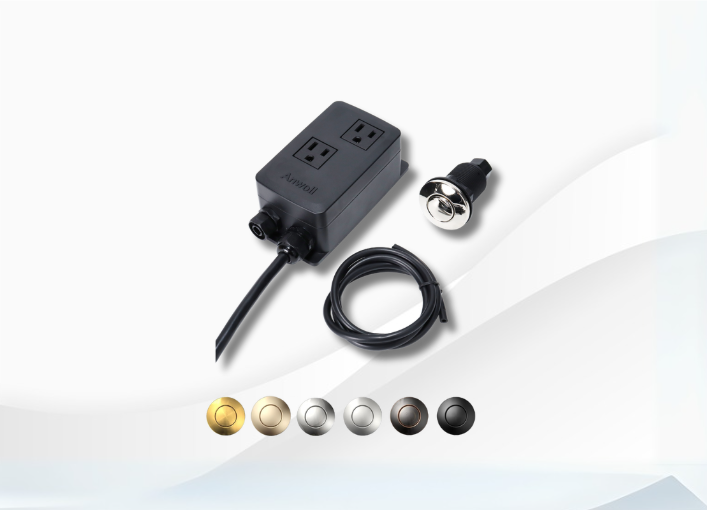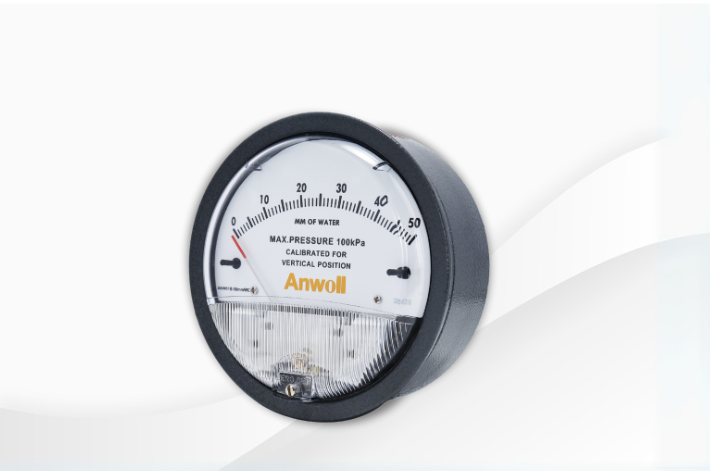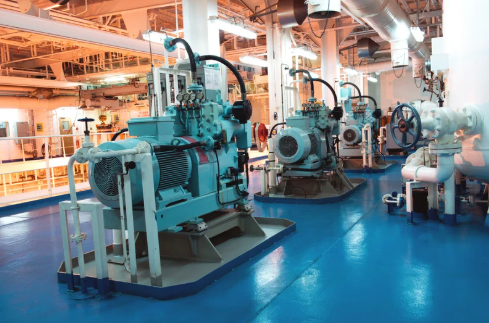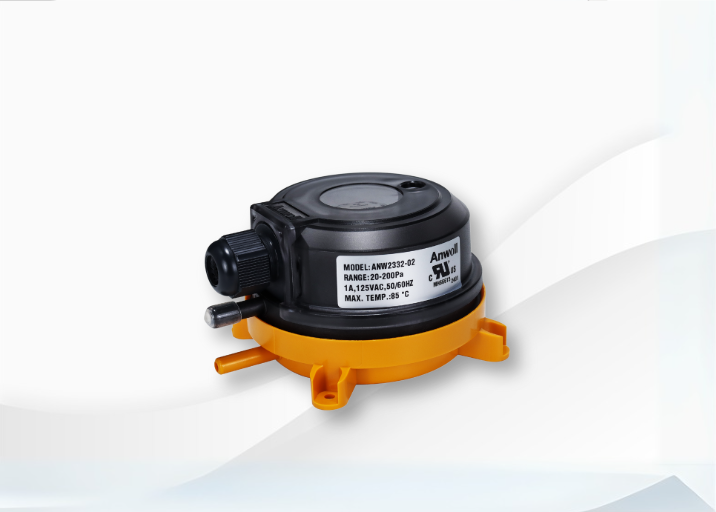The Role of Pressure Transmitters in Water Treatment: Applications and Case Studies

Opinion | Dec. 9th, 2024
David Carter
Pressure Product Line Manager
Accurate pressure transmitters play a crucial role in maintaining system integrity, ensuring safety, and optimizing overall performance in the water treatment industry.
Pressure transmitters are mainly used to monitor and control pressure changes during water treatment processes to ensure the safety, efficiency, and stability of the system. The following are the applications and specific case studies of pressure transmitters in water treatment.
Wastewater Treatment
In wastewater treatment plants, pressure transmitters are used to monitor the flow pressure of wastewater, ensuring the normal operation of pump stations and pipeline systems. By monitoring in real-time, operators can promptly detect blockages, leaks, or pump failures and take necessary maintenance actions.
Drinking Water Treatment
In drinking water treatment processes, pressure transmitters are used to monitor the pressure in various treatment units (such as sedimentation tanks, filters, and disinfection systems). This helps ensure the stability of the water treatment process and the safety of water quality.
Reverse Osmosis (RO) Systems
In reverse osmosis water treatment systems, pressure transmitters monitor the pressure of the feed water and permeate to ensure the normal operation of the membranes. By controlling the pressure, the water permeability and salt rejection rates can be optimized.
Pump Control
In water treatment systems, pressure transmitters are commonly used for pump control. By monitoring system pressure, transmitters can automatically adjust the pump’s operating status to maintain the desired water pressure and flow rate.
Pipeline Monitoring
In water supply and drainage pipelines, pressure transmitters are used to monitor pressure changes within the pipelines, ensuring safe operation and promptly detecting potential leaks or failures.
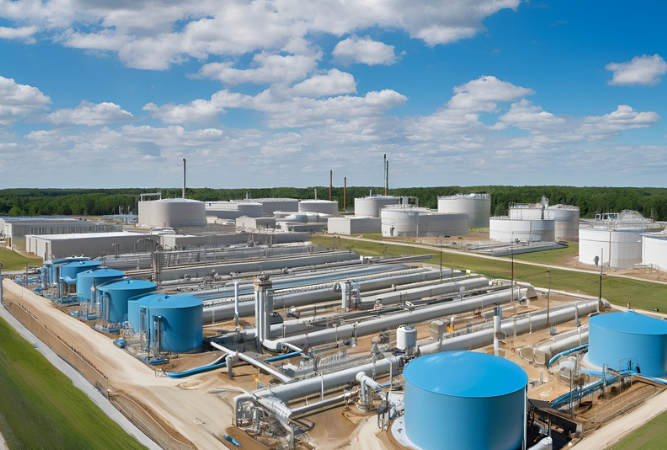
Case Study: Pressure Monitoring in a Petrochemical Plant
Specific Case Studies-Urban Wastewater Treatment Plant
In a city’s wastewater treatment plant, pressure transmitters are installed at the inlet and outlet of the wastewater pumps to monitor the operating pressure. Through real-time data, operators can quickly identify abnormal pump operations, such as low or high pressure, preventing equipment damage and energy waste. Additionally, the pressure transmitters are connected to an automation control system, enabling automatic adjustment of pump start and stop, enhancing processing efficiency and safety.
Anwoll pressure transmitter
Anwoll is a leading developer of pressure measurement and applications, with a mature series of pressure transmitters suitable for daily and cutting-edge applications.
If you would like to learn more about our pressure transmitters, please contact us directly.

